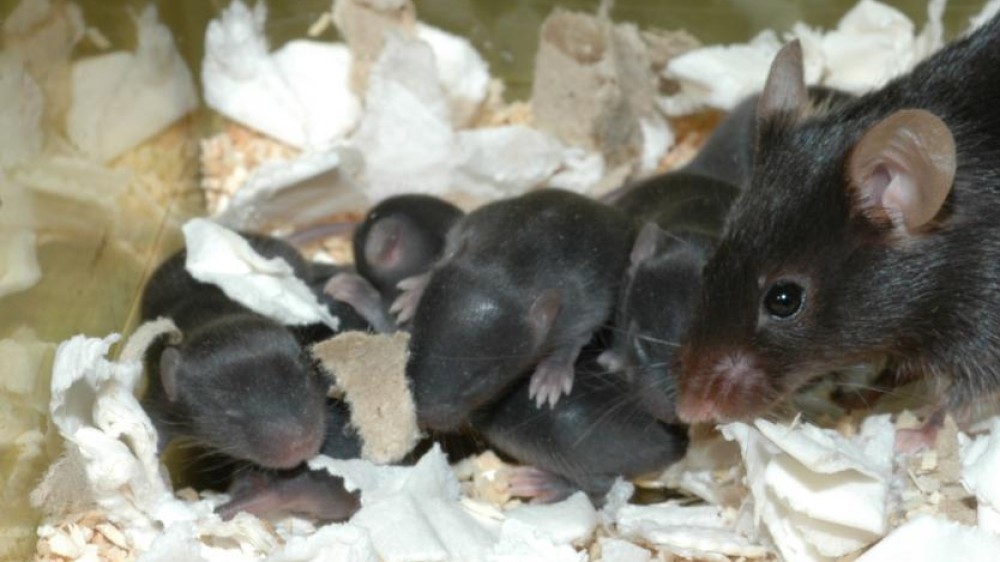£2M available to accelerate the adoption of non-animal approaches for pharmacokinetic prediction and cardiovascular safety.

£2M available to accelerate the adoption of non-animal approaches for pharmacokinetic prediction and cardiovascular safety.

New report by the Association of the British Pharmaceutical Industry (ABPI) and the NC3Rs examines the UK's capabilities in developing human relevant pre-clinical models for medicine development.
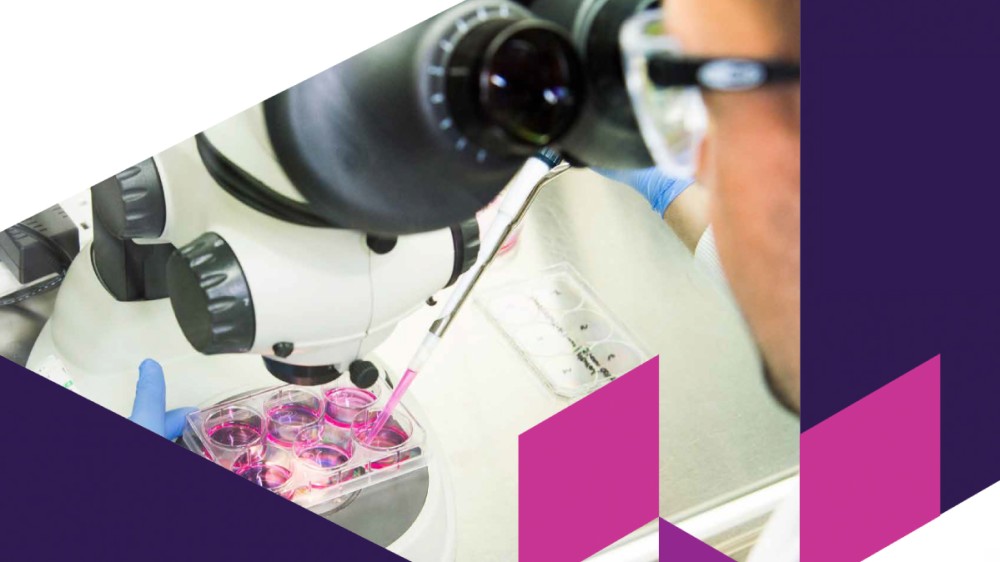
We are working with the Only Good Antibodies (OGA) community to recruit a cohort of early career researchers who will drive the validation and use of better antibodies.
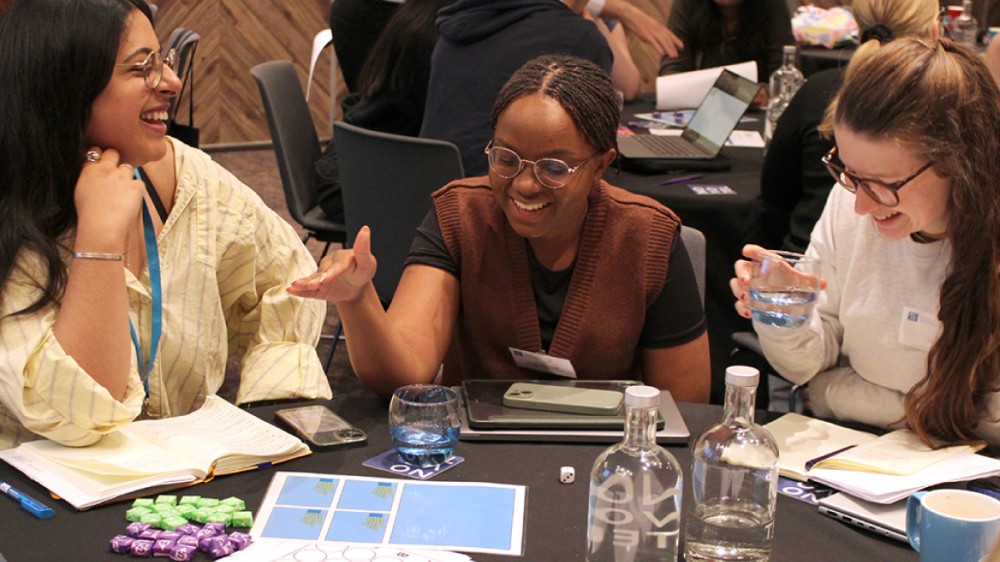
Developed in direct response to NC3Rs recommendations, new guidance supports manufacturers and regulators to transition to non-animal testing strategies.
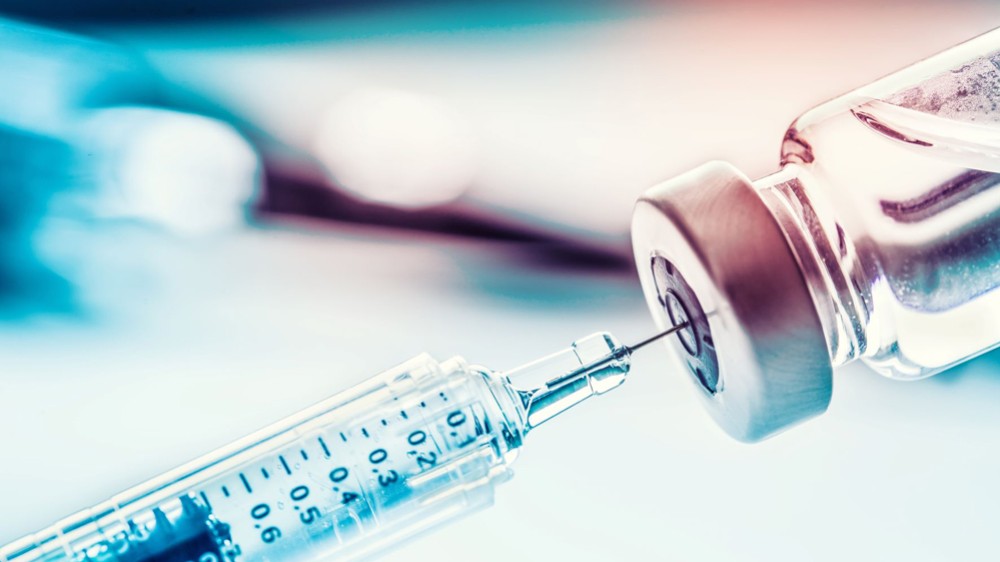
Eight teams have kick-started the commercialisation of their 3Rs tools and technologies through the BBSRC-NC3Rs ICURe Explore programme.

OECD to develop new guidance to minimise fish use in some studies, based on NC3Rs-led work.
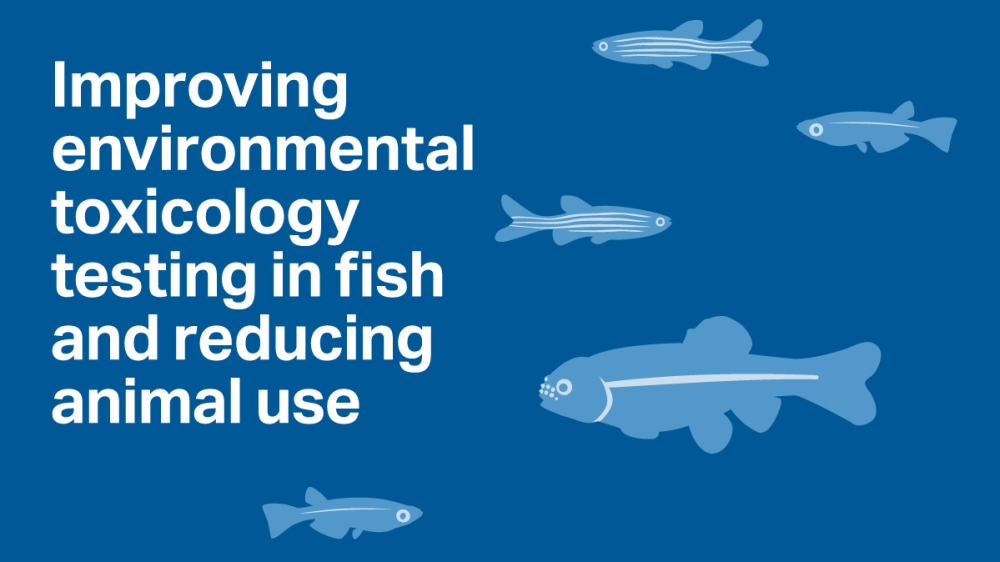
£15.9M awarded to develop human in vitro models of complex disease.
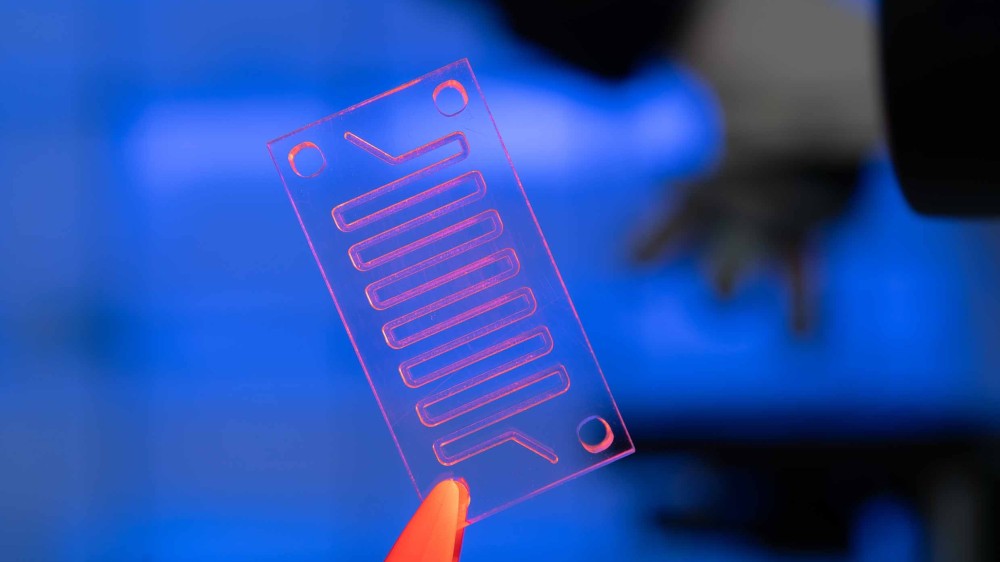
Non-invasive, continuous monitoring of rodent behaviour improves both animal welfare and scientific accuracy in safety pharmacology.
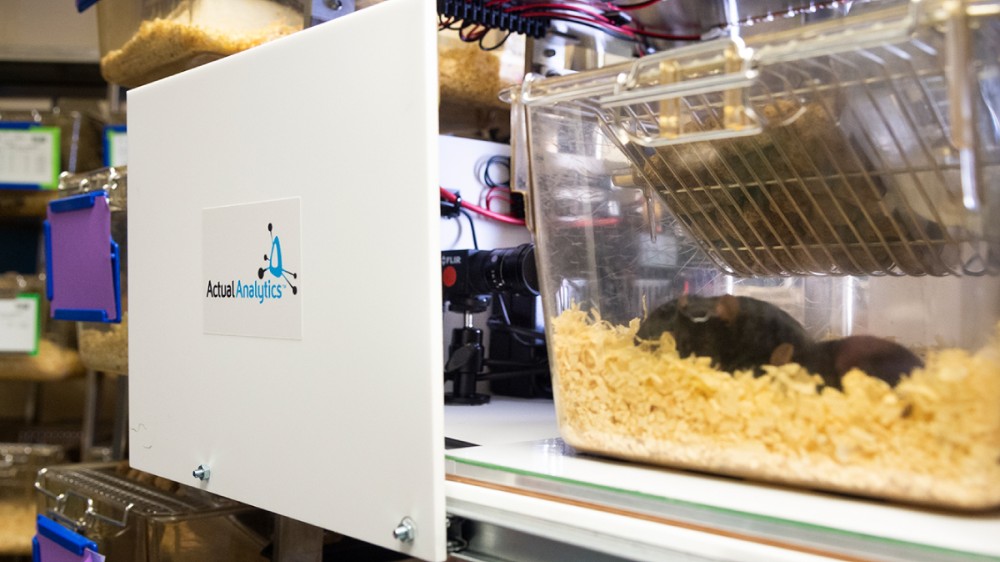
A national training initiative in France is using the EDA to embed robust experimental design into real-world research practice.

NC3Rs staff have co-authored a new chapter in the IACUC Handbook to support ethical review bodies in assessing the reliability of animal research.
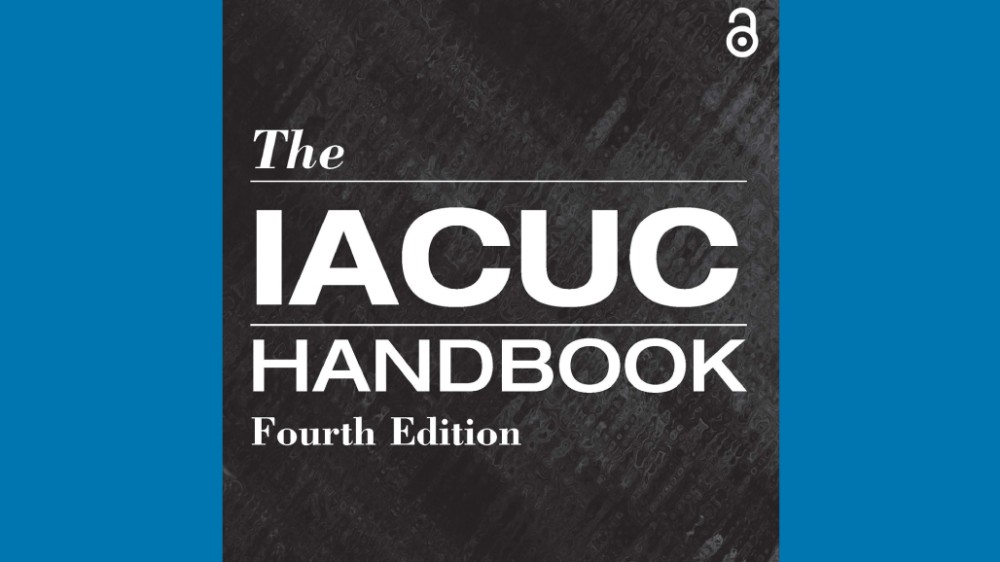
Report highlights the outcomes of the first UK funding call for infrastructure to support animal replacement methods, delivered by the NC3Rs.
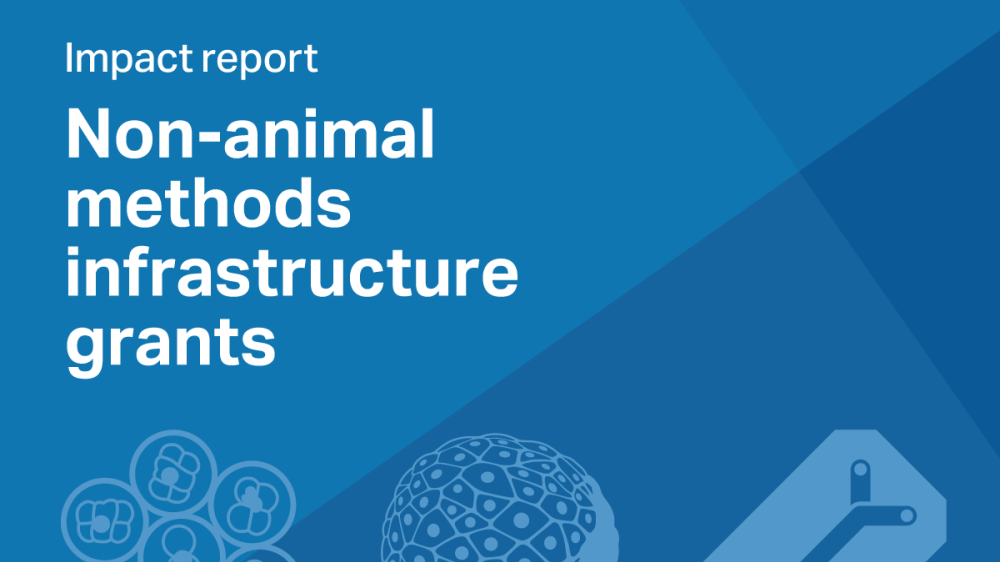
Our annual summer school supports early career researchers in their role as ambassadors for the 3Rs, throughout their PhD and beyond.
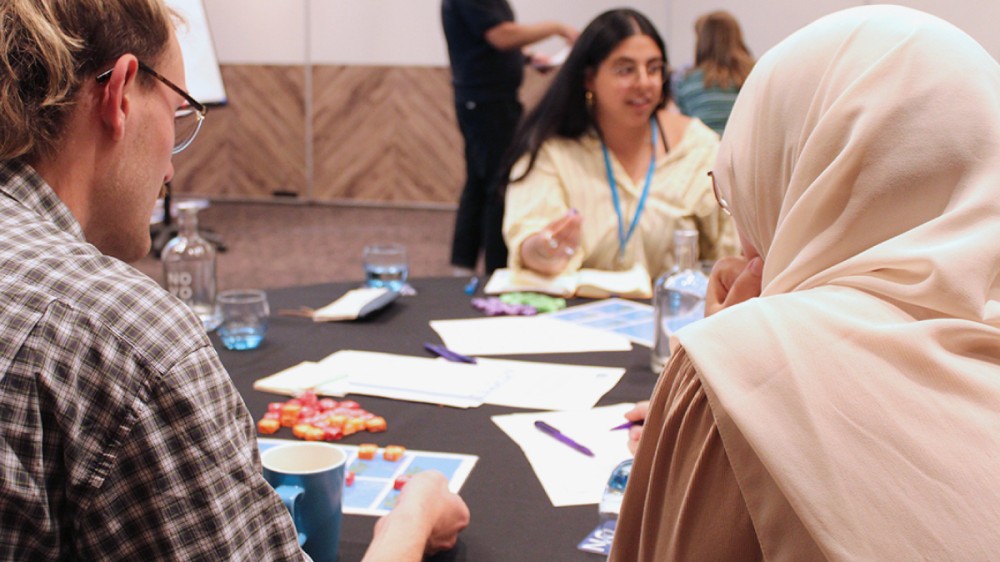
Joint report from the NC3Rs, ABPI and MHRA, exploring how New Approach Methodologies can transform the way medicines are developed.
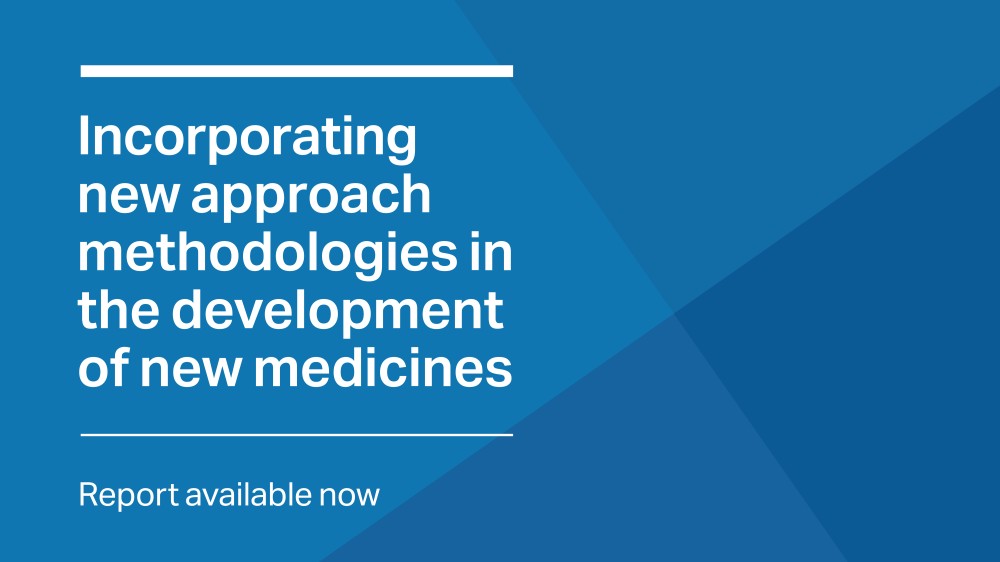
Research recognised by this years’ International 3Rs Prize focuses on strengthening the evidence base to build confidence in and drive uptake of replacement technologies.

The NC3Rs has committed over £60M for research and innovation to develop human-based in vitro models that replace the use of animals, better recapitulate human physiology and disease and increase the efficiency of drug development.

Building academic-industry partnerships to improve the relevance and real-world impact of 3Rs models and technologies.

3Rs Prize winning paper addresses poorly performing antibodies to improve reproducibility and drive the uptake of animal-free alternatives.

Over 3,000 members of the public took part in NC3Rs events and activities last year to learn about the 3Rs.

The most recent webinar series from The Togeth3R Consortium was watched by 3,231 people from across the world. If you were not able to attend, the recordings of the talks are available.

A new publication in Nature Communications outlines a tool to check whether sex has been considered when designing and assessing in vivo research proposals.
